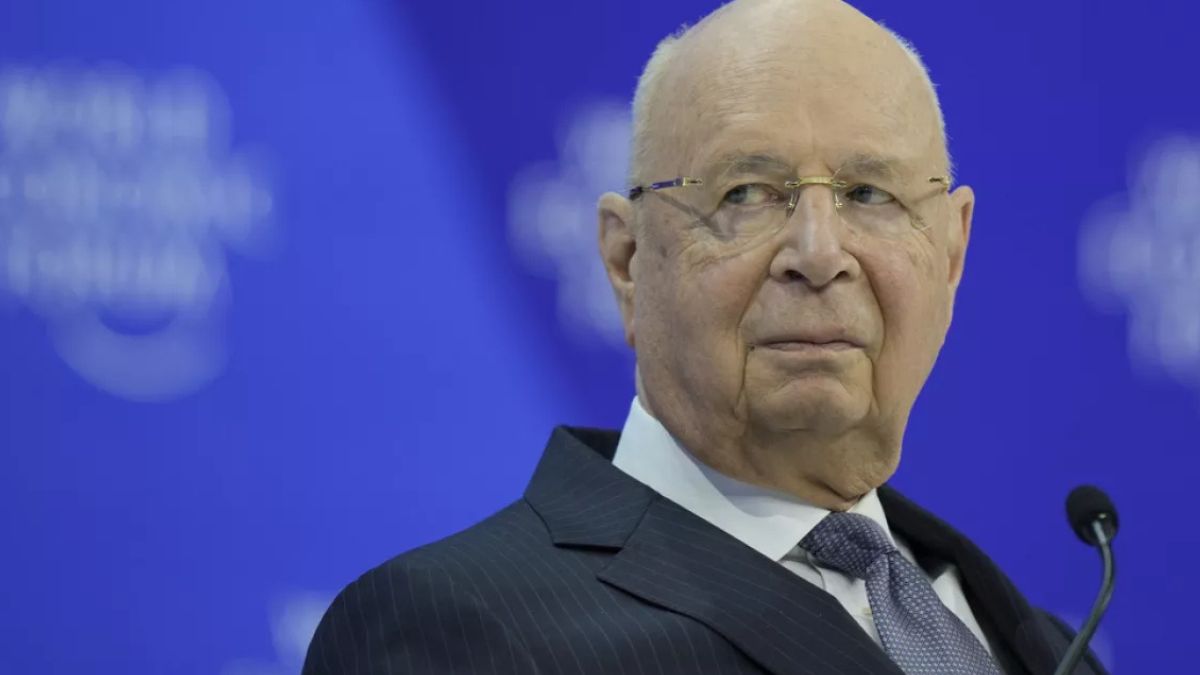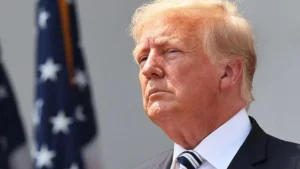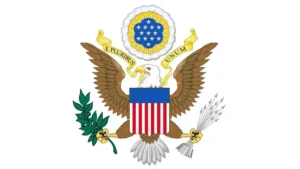Klaus Schwab, the German economist and engineer who founded the World Economic Forum (WEF) in 1971, has stepped down as Chairman and Board Member of the Geneva-based institution. Schwab, now 87, was the long-time face of the annual Davos summit, where global political and business elites gathered to discuss global economic, political, and social trends. His departure marks the end of an era, as the WEF navigates challenges ranging from criticism of elitism to internal cultural controversies and the broader backlash against globalisation.
Key Developments and Background
- Resignation Date: Announced on April 21, 2025; accepted on April 20, 2025
- Position: Klaus Schwab resigns as Chair and Board Member of WEF
- Interim Chair: Vice Chairman Peter Brabeck-Letmathe assumes interim leadership
- Founded WEF in 1971: Aimed to unite policymakers and CEOs to address global issues
Davos: From Idea to Icon
- Location: Annual meeting held in Davos, Switzerland, since 1971
- Purpose: Promote dialogue on pressing economic and political issues
- Participants: Political leaders, CEOs, intellectuals, and celebrities
- Symbolism: Became an emblem of globalisation and international cooperation
Criticism and Controversies
Criticised as Elitist
- Viewed as detached from everyday realities of the average citizen
- Accused of being a “talking shop” for global elites
Internal Culture Scrutiny
- Wall Street Journal in 2024 reported alleged harassment and discrimination at WEF
- WEF denied the allegations but initiated a law firm-led internal review
Global Backlash Against Globalisation
- Events like Brexit (2016) and Trump’s election reflected rising discontent
- Schwab predicted this backlash as early as 1996, warning about economic and social instability
Challenges to the Forum’s Relevance
Geopolitical Disruptions
- Global financial crisis (2007–09)
- Russia-Ukraine war (2022 onwards)
- U.S. protectionist policies under Trump and successors
Perceived Decline
- Analysts argue WEF is losing influence amid rising populism and nationalism
Schwab’s Legacy and Vision
- Anticipated economic discontent and rise of populism before it became mainstream
Co-wrote a 1996 op-ed with Claude Smadja highlighting,
- Public anxiety in industrial democracies
- The rise of populist leaders due to loss of control over global economic trends
| Summary/Static | Details |
| Why in the news? | Klaus Schwab Resigns as Chairman of World Economic Forum After Five Decades |
| Name | Klaus Schwab |
| Role | Founder and Chairman of the World Economic Forum (WEF) |
| Resignation Date | April 21, 2025 (effective immediately) |
| Interim Chairman | Peter Brabeck-Letmathe |
| Founded | WEF 1971, Geneva |
| Annual Event Location | Davos, Switzerland |
| Purpose of WEF | Dialogue on global political, economic, and social challenges |
| Key Criticisms | Elitism, detachment from public, workplace culture issues |
| Legacy Quote (1996) | Warned of populism due to globalisation backlash |
| Symbolic Events | Impacting WEF 2007-09 Financial Crisis, Brexit, U.S. protectionism, Ukraine war |



 Trump Slaps 10% Global Tariff on All Imp...
Trump Slaps 10% Global Tariff on All Imp...
 U.S. Department of State Launches $200 M...
U.S. Department of State Launches $200 M...
 India Joins 100+ Nations in Strong Stand...
India Joins 100+ Nations in Strong Stand...








